Credit: SpaceX.
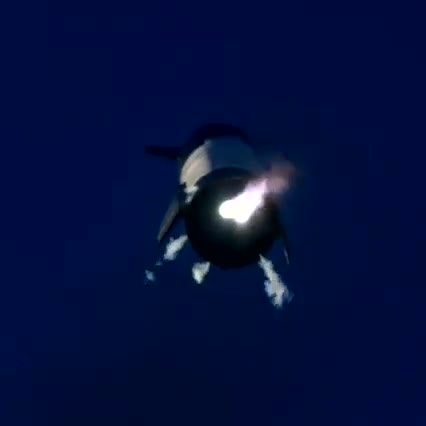

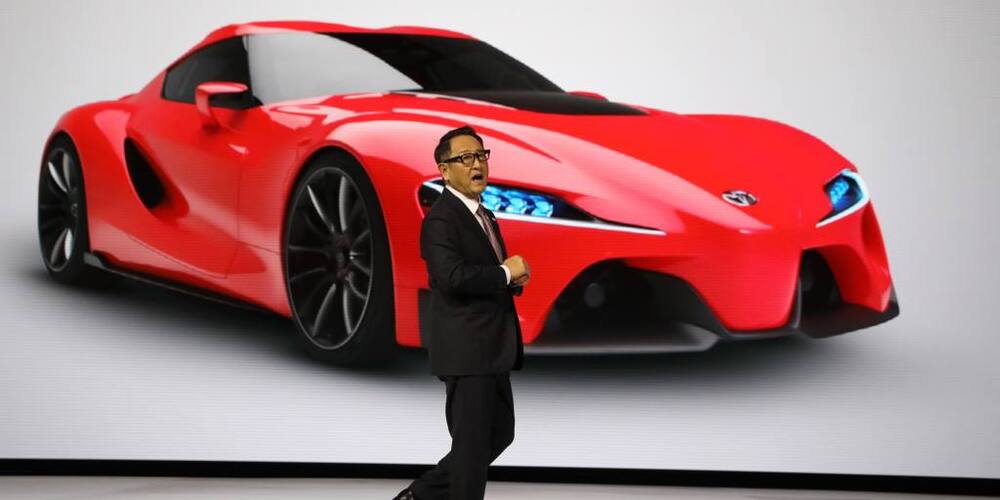
Japan’s government to join forces with industry to supercharge development.
TOKYO — A trip of 500 km on one charge. A recharge from zero to full in 10 minutes. All with minimal safety concerns. The solid-state battery being introduced by Toyota promises to be a game changer not just for electric vehicles but for an entire industry.
The technology is a potential cure-all for the drawbacks facing electric vehicles that run on conventional lithium-ion batteries, including the relatively short distance traveled on a single charge as well as charging times. Toyota plans to be the first company to sell an electric vehicle equipped with a solid-state battery in the early 2020s. The world’s largest automaker will unveil a prototype next year.
The electric vehicles being developed by Toyota will have a range more than twice the distance of a vehicle running on a conventional lithium-ion battery under the same conditions. All accomplished without sacrificing interior space in even the most compact vehicle.
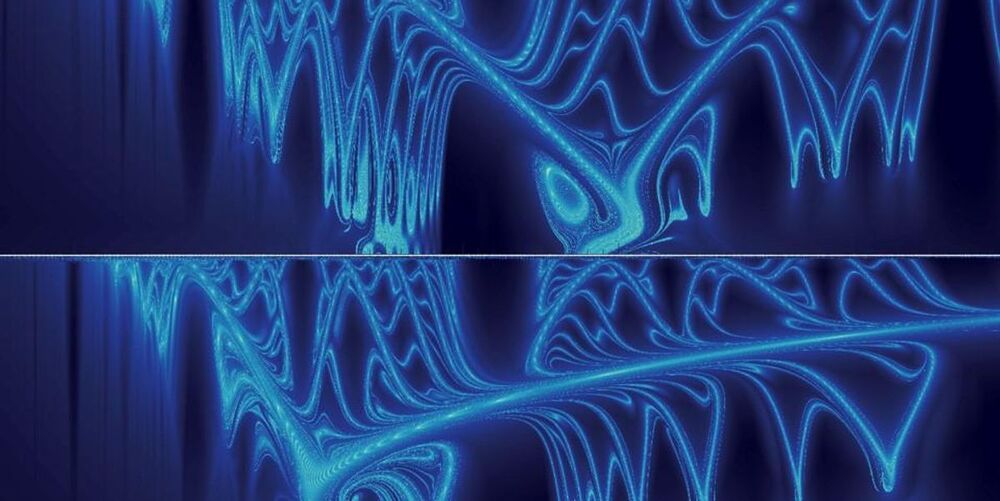
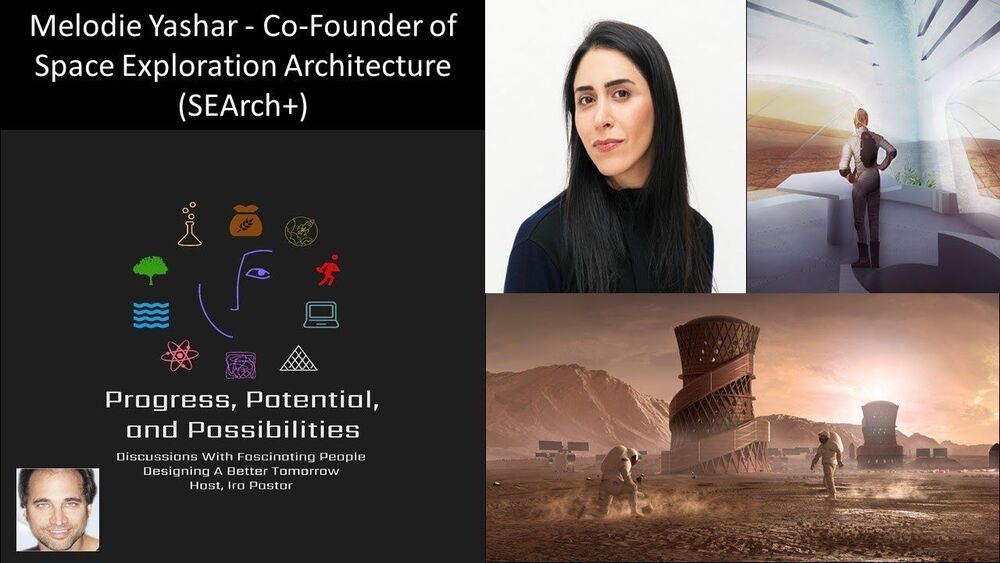
Today we’re joined by Melodie Yashar — Designer, Researcher, Technologist, co-founder of the firm Space Exploration Architecture (SEArch+), Senior Research Associate with San Jose State University Research Foundation at NASA Ames Research Center, and an Associate Researcher within the UC Davis Center for Human/Robotics/Vehicle Integration and Performance (HRVIP). She also teaches undergraduate and graduate design at Art Center College of Design and is a 2019–2020 Future Space Leaders Fellow.
Melodie’s current work focuses on the relationship of advanced software & hardware systems for spaceflight and maintains ongoing research interests in the design of augmented environments, human-machine interaction, human performance studies, and space technology development.
As an undergraduate Melodie studied at UC Berkeley and at Art Center, and she holds graduate degrees in architecture and human-computer interaction with an emphasis in robotics from Columbia University and Carnegie Mellon University, respectively.
She also served as a Visiting Professor at Pratt Institute, as a researcher within Carnegie Mellon’s Morphing Matter Lab and Design Director of Sonic Platforms.
Having come from an interdisciplinary background, Melodie appreciates those who see research and design as a confluence of different fields—allowing problem solving to become a more thoroughly collaborative exercise.
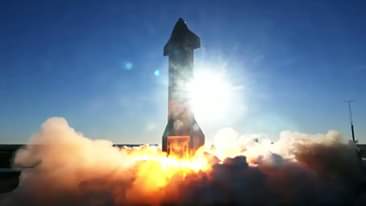
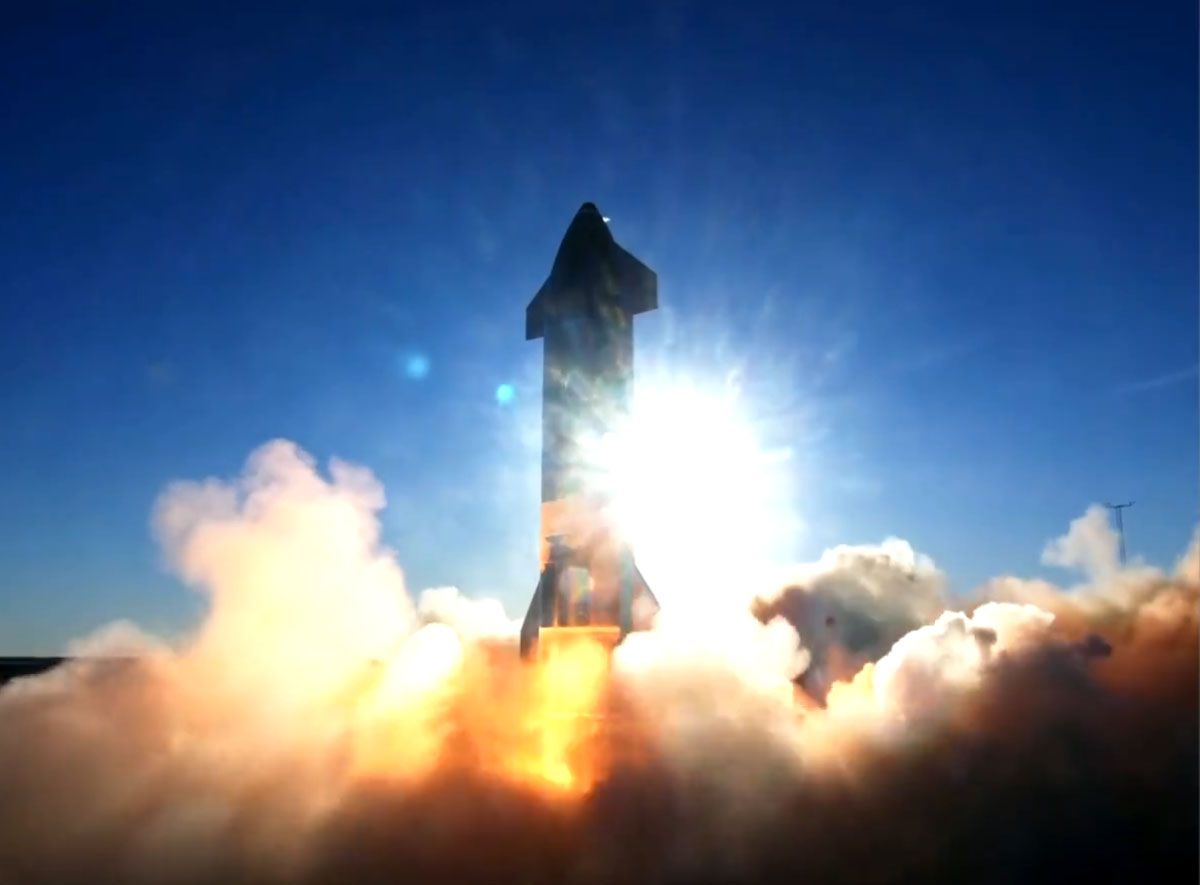
Lifeboat Foundation congratulates Guardian Award Winner Elon Musk and SpaceX on their latest accomplishment with the Starship, the world’s first reusable space vehicle. The Starship will transform our world, starting with making Starlink the first non-bankrupt LEO constellation, later bringing us to the Moon and then hopefully Mars.
We recommend that NASA redirect their funds from the dead-end SLS system towards Starship. Even if NASA continues to waste tens of billions of dollars on SLS, it is unlikely that it will ever do more than a handful of launches as the low-cost Starship program makes it obsolete.
Also, here’s an appeal to Guardian Award Winner Elon Musk:
Somewhat as a voice in the wilderness, we would like to pass on a few thoughts on matters that have been of deep concern to us over recent months. 1) A Great Filter stands in the path of Human Civilization 2) The lack of a fast Nuclear Thermal Engine will stop us from building a self-sustaining civilization on Mars for the foreseeable future.
Since no one is putting a lot of resources into completing a Nuclear Thermal Engine and you are now a huge success with a lot of resources, it is time for SpaceX to build such an engine and get us past this Great Filter. SpaceX could easily handle any financial challenges or legal challenges that stand in the way. Do we want to get a self-sustaining civilization on Mars or not?
Read our press release.
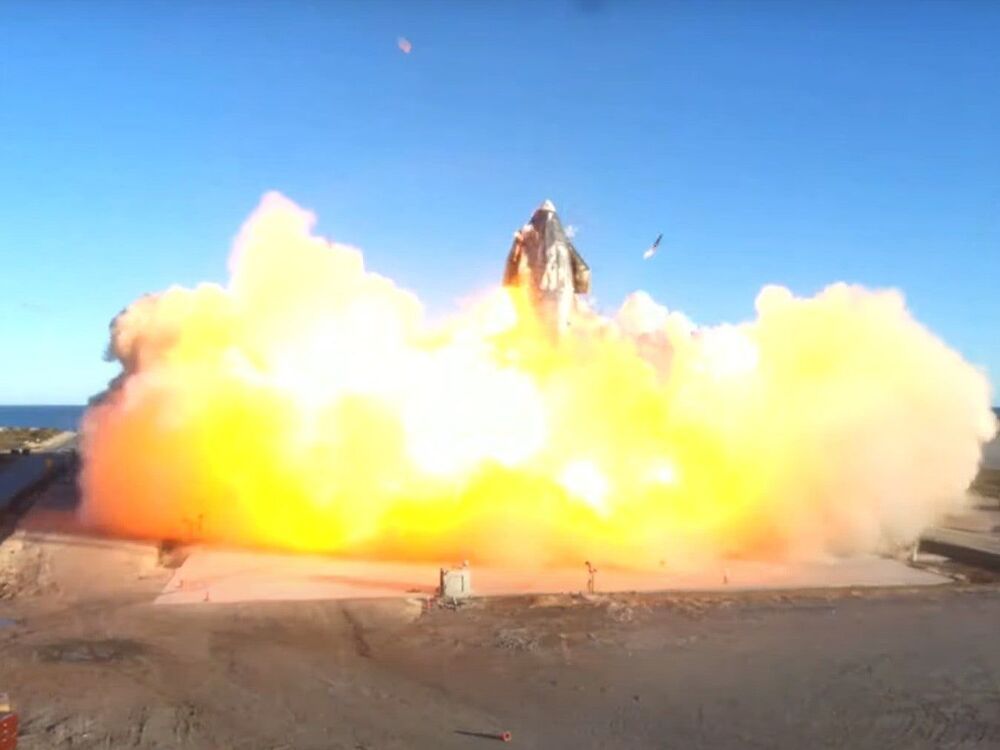
Elon Musk hopes to send first humans to Mars aboard a Starship craft within the next four years.
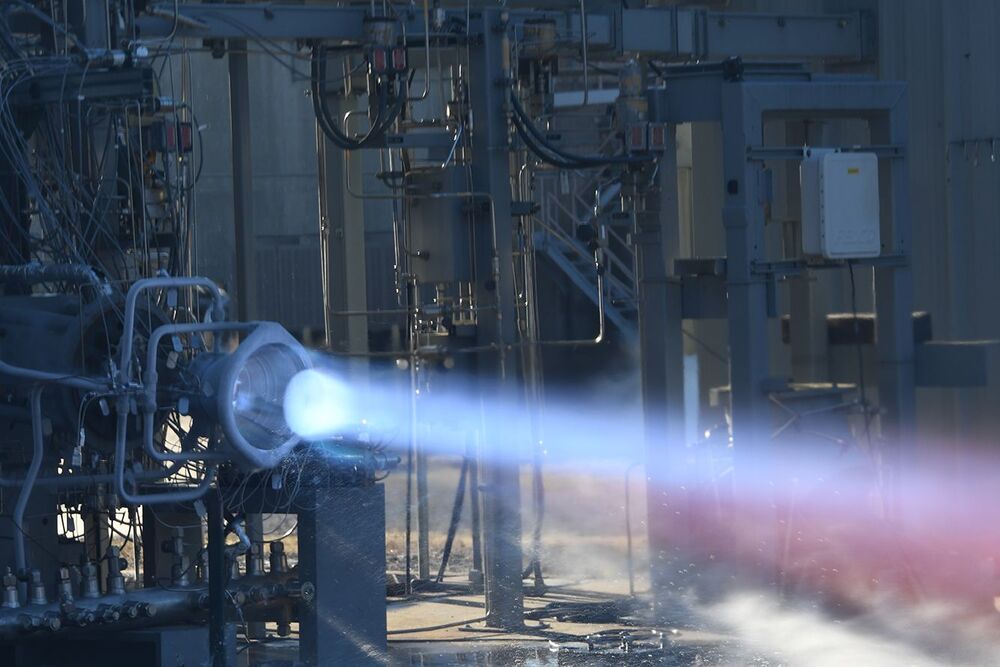
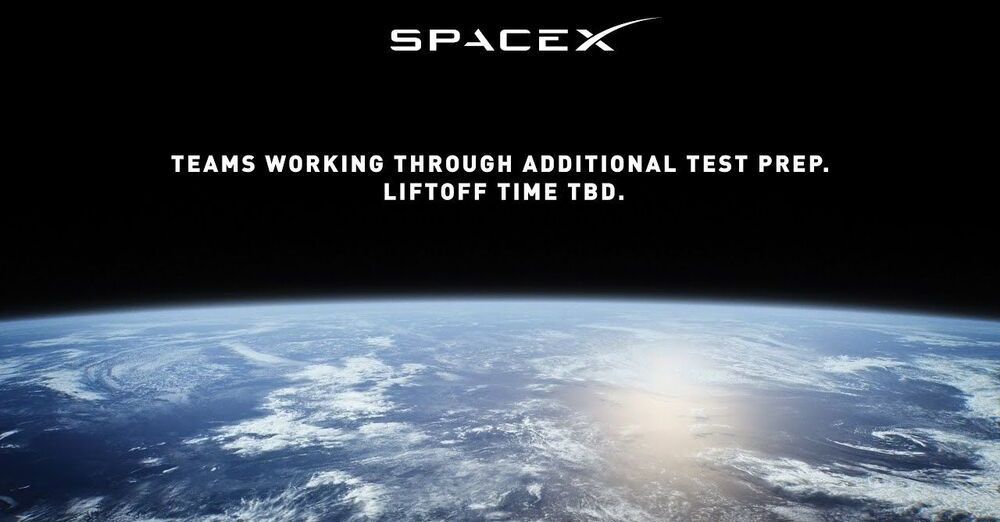
https://youtube.com/watch?v=nf83yzzme2I
On December 8th, SpaceX plans to conduct its most ambitious test flight yet of its Starship prototype, sending the vehicle to an altitude of 12.5 kilometers, or nearly 8 miles high.
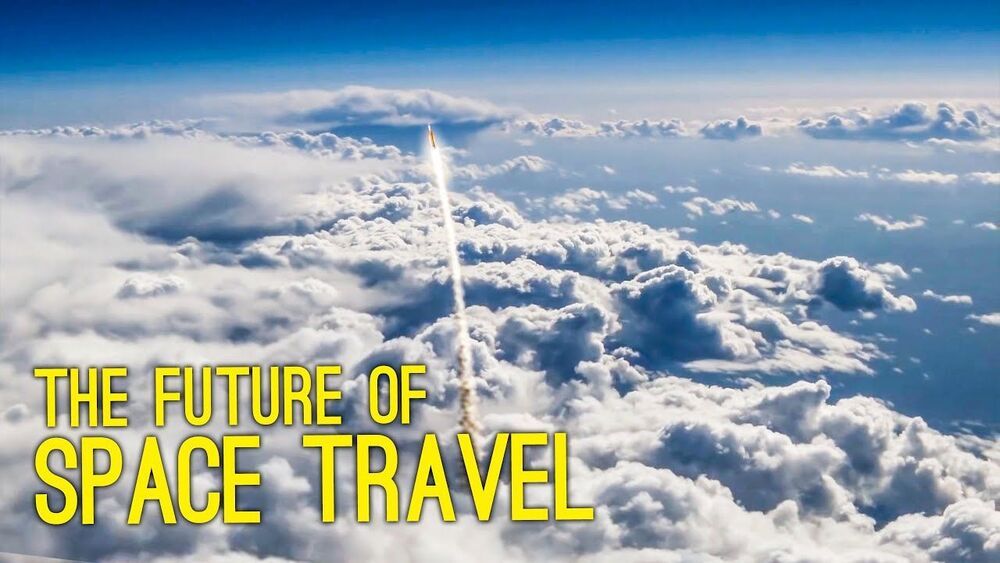
This theoretical engine could drastically reduce the cost of getting to space. Now two companies are trying to make it real.